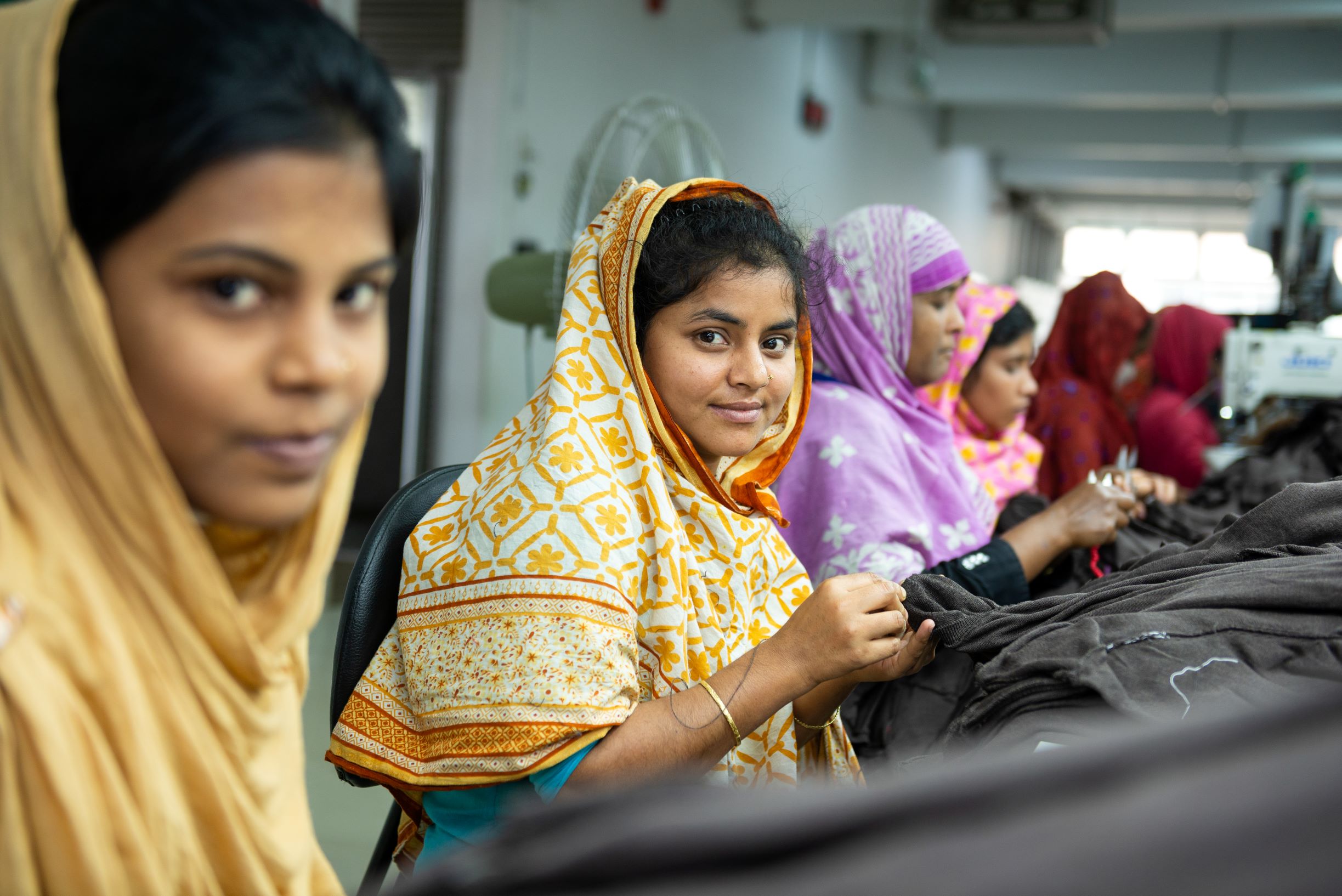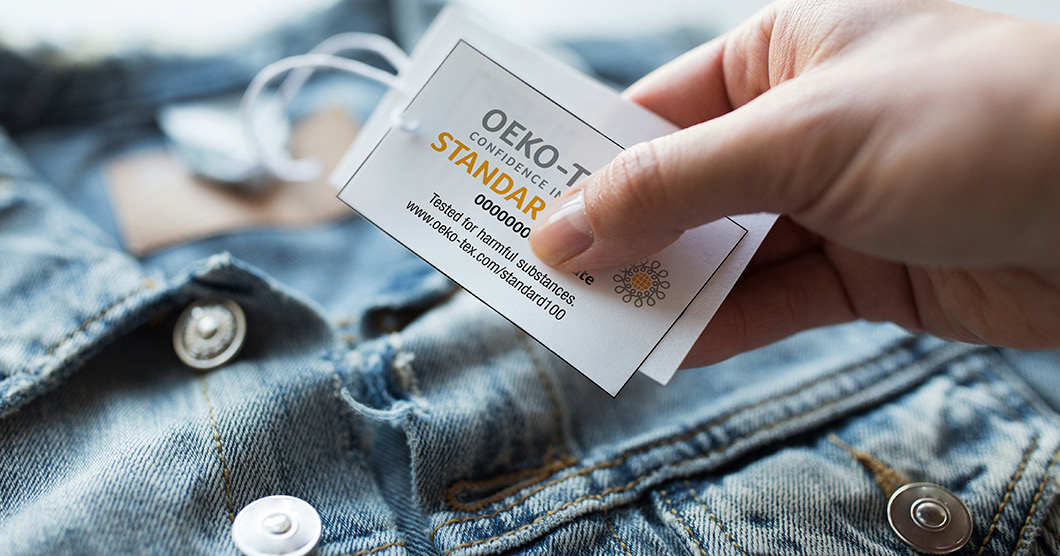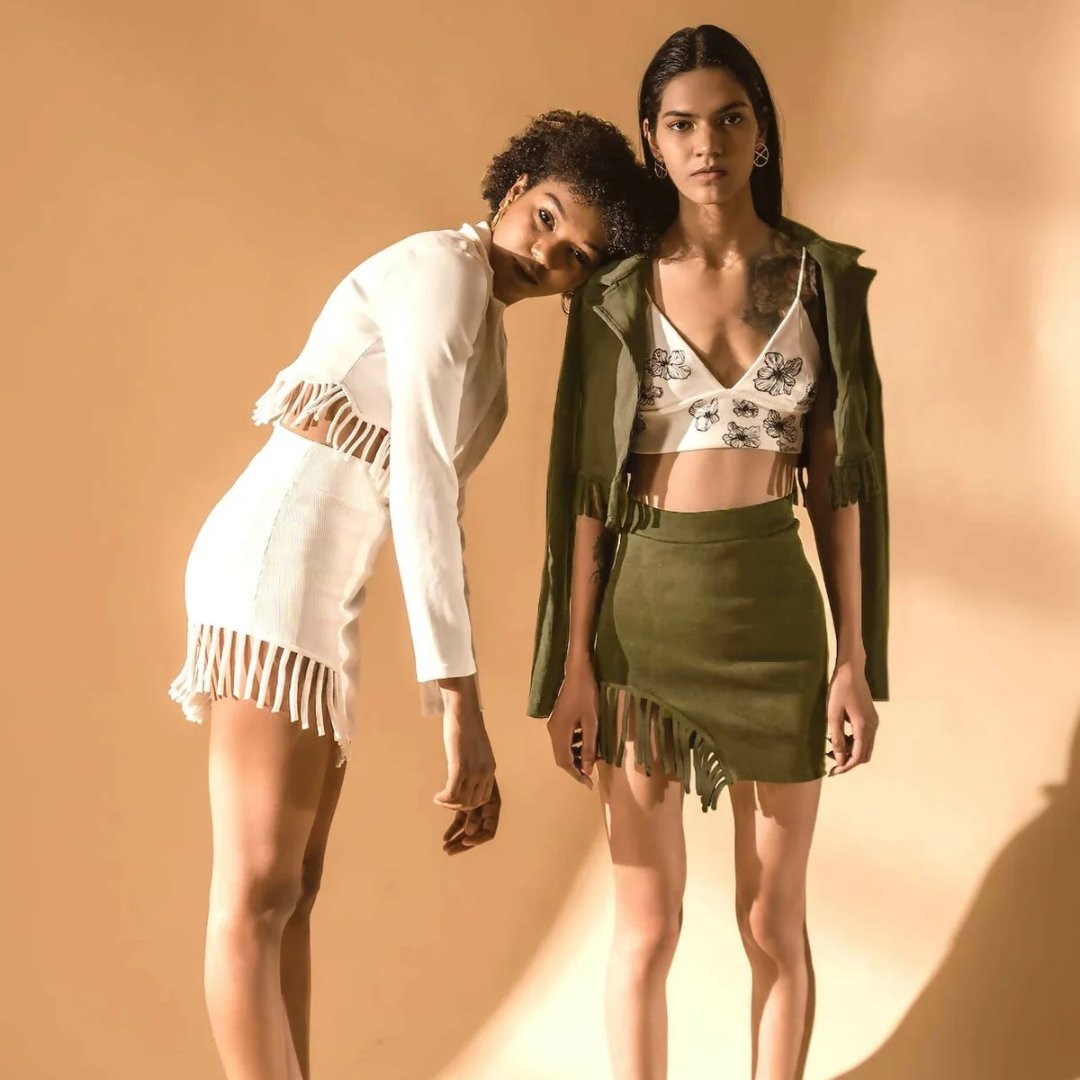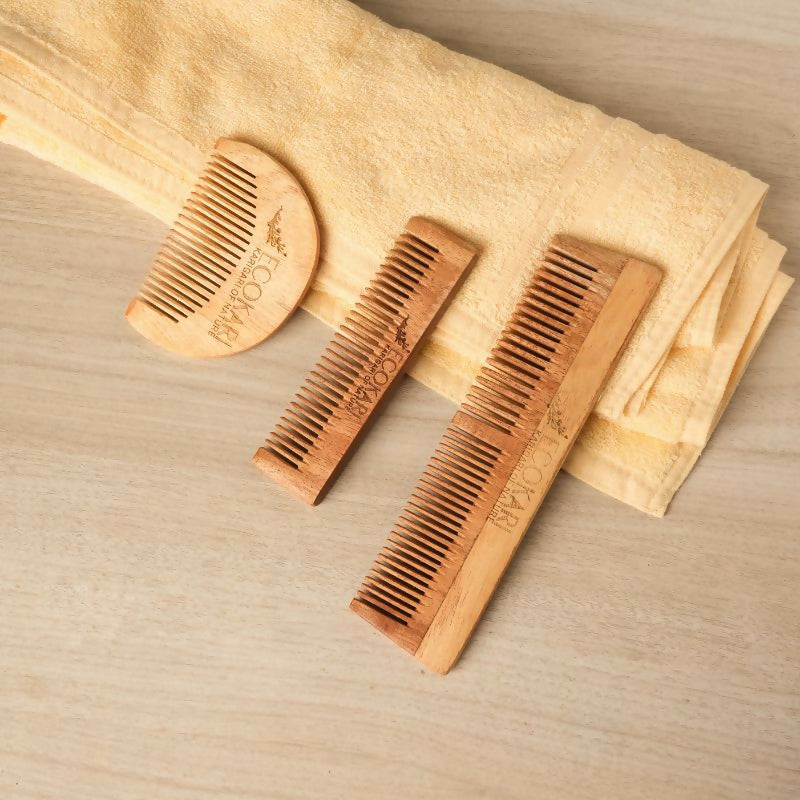Certifications That Actually Stand for Fair, Sustainable Fashion

We talk a lot about the flashy side of fashion, the new trends, the hauls, the drops. But underneath all that glam, there’s an undeniable truth that fashion is one of the most overly produced industries in the world, and fast fashion especially has no moral ground neither in the way it sources its materials nor in the way it treats human labour behind the scenes. If you're someone who's even a little conscious about who made your clothes and what went into them, you already know that it’s messy out there. The good thing is, not all hope is lost. There are certifications that exist purely to protect the rights of workers and the planet. Here’s a look at some of the most important global certifications that actually try to keep fashion fair, ethical, and sustainable.
Fair Trade Certified
When you see a Fair Trade Certified label, it’s not a fancy sticker slapped on a product. Fairtrade certification means the product was produced following strict ethical and sustainable practices from ensuring fair prices for producers, to safe working conditions for workers, and minimal environmental harm. The official certification, often recognized through the Fairtrade mark (and verified by independent bodies like FLOCERT), guarantees that brands meet social, environmental, and economic standards. It’s one of the clearest signals that someone, somewhere, fought to make sure exploitation wasn’t part of the price tag.

SA8000
SA8000 stands for Social Accountability International Certification. In simple terms, it’s an internationally recognized standard that helps companies show they actually care about the fair treatment of their workers. It sets serious benchmarks for workplace safety, wages, working hours, and even the right to unionize. Brands like Girlfriend Collective, Eileen Fisher, and Estée Lauder have aligned with SA8000 standards to show real commitment and avoid performative ethics. Because let's be honest, talking about sustainability without talking about people makes no sense.

B Corp Certification
When you see that little B Corp badge, know that it’s not easy to get. It’s awarded only to for profit companies that voluntarily meet the highest standards of social and environmental performance, accountability, and transparency. That includes protecting workers, supporting communities, reducing their environmental footprint, and operating with serious ethical practices across the board. Closer to home, Bare Necessities, India's first B Corp-certified FMCG brand, is a shining example. They’re are many businesses that aren’t just about profit but about purpose too.

Cradle to Cradle Certified
Cradle to Cradle Certified is basically the gold standard when it comes to circular and sustainable design thinking. It means a product has been assessed across its entire life cycle from raw material sourcing to how it breaks down at the end of its life and it meets tough standards in five key categories:
- Material Health (Is it safe?)
- Product Circularity (Can it be reused?)
- Renewable Energy and Carbon Management (Is it clean?)
- Water and Soil Stewardship (Is it sustainable?)
- Social Fairness (Are people treated right?)
It’s a global badge that shows a product is safe, circular, responsibly made and designed for a long term future where waste isn’t inevitable.

OEKO-TEX Standard 100
You’ve probably seen the Oeko-Tex Standard 100 tag on textiles and wondered what it really means. The Standard 100 label guarantees that every component of a product from the yarn to the final stitching has been tested for harmful substances and found safe for human use. We see a lot of chemical-heavy dyes and toxic finishes that are sadly the norm, this certification is your assurance that your clothes aren’t secretly poisoning you (or the planet).

Why Certifications Matter - Now More Than Ever
The truth is, sometimes not all eco claims you see in fashion are legit. Greenwashing is real, and brands that keep producing over and over, know that slapping a few buzzwords like "ethical", "natural", or "sustainable" can make consumers feel better even when their products tell a different story.
That’s why certifications matter, because they aren't based on pretty words, they’re based on rigorous, independent standards that companies have to prove they meet again and again. So the next time you're shopping from your favourite brands and you’re unsure whether a brand’s "sustainability promise" is real, check for one of these certifications. And if you don't see them? Ask the right questions. Fashion doesn’t have to exploit people and planet and it's high time more brands remembered that.






Leave a comment